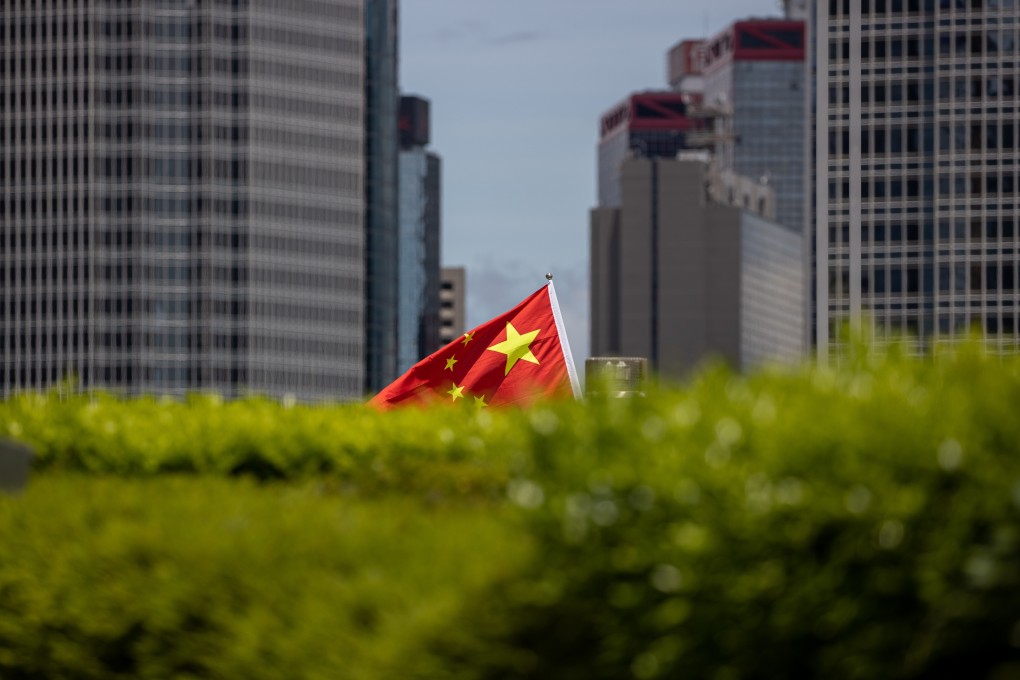What Hong Kong’s national security law makes clear: politics trumps business
- Broad, extraterritorial law spells out the stakes to multinationals – comply with China’s political bottom lines and access the mainland market, or stay away
- Although the law is a big change for Hong Kong, any global business accustomed to navigating the mainland should be able to adjust to the new reality

Businesses in Hong Kong could, in theory, face consequences for the activities of their employees anywhere in the world. Consulting, equity research, lobbying and other corporate pursuits considered essential to the smooth functioning of financial markets in the West could be prosecuted. The buffer that Hong Kong once provided to firms that offended mainland interests has largely evaporated.

05:50
What you should know about China's new national security law for Hong Kong
But anyone who concludes that China’s leaders have not properly thought through the law’s impact on business in Hong Kong misses the point. The law accomplishes exactly what China wants it to do. It crystallises China’s priorities for Hong Kong: in any conflict between China’s political imperatives and business, politics will always trump business.
Those interests will be better served if Hong Kong remains an international financial and commercial hub. Accordingly, China is happy for foreigners to do business in Hong Kong – as long as they are friendly and politically reliable.

Think of the national security law as a sorting mechanism: companies that will not comply with China’s political bottom lines are encouraged to stay away, while companies willing to abide by China’s rules have a leg up on the nation’s massive economy. Businesses must decide for themselves whether to accept this bargain.
If that means some multinationals and investors pull out of Hong Kong, so be it. Plenty of others will remain. Some high-profile departures may open the door for more mainland firms and professionals to play a larger role in Hong Kong, a net positive from Beijing’s standpoint.

